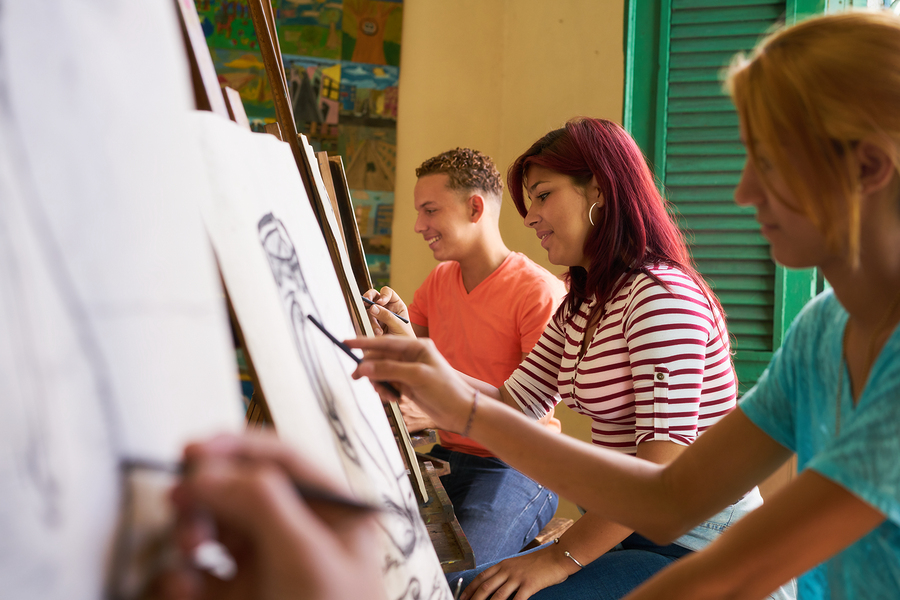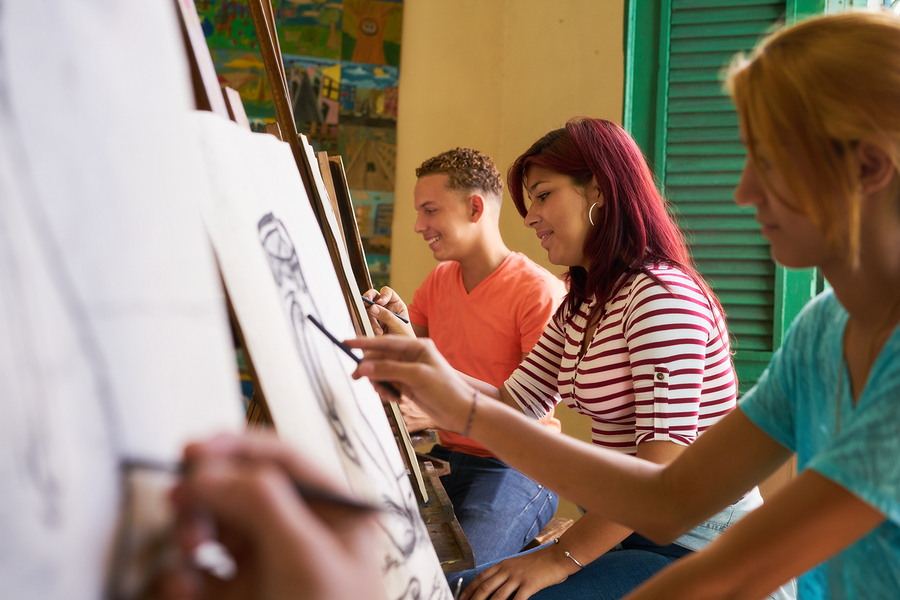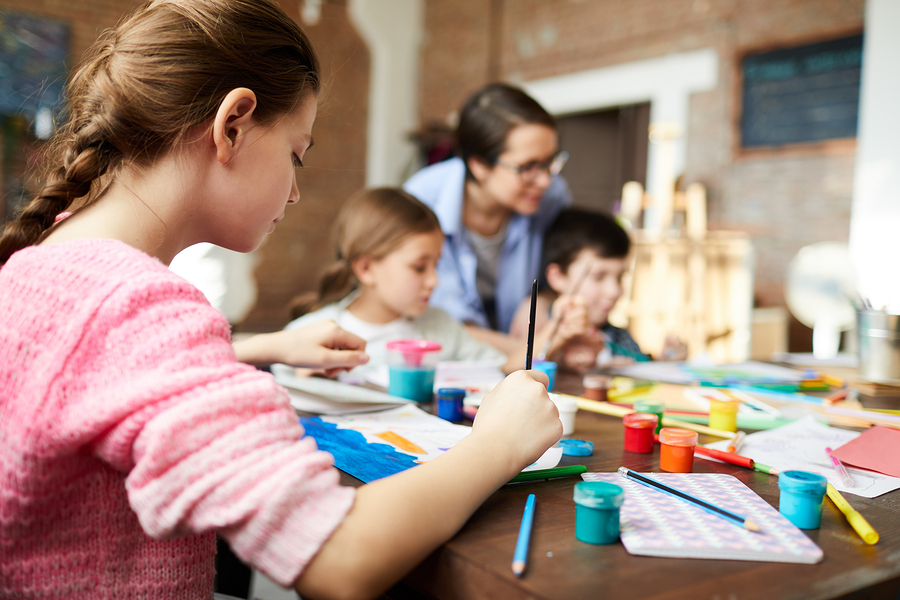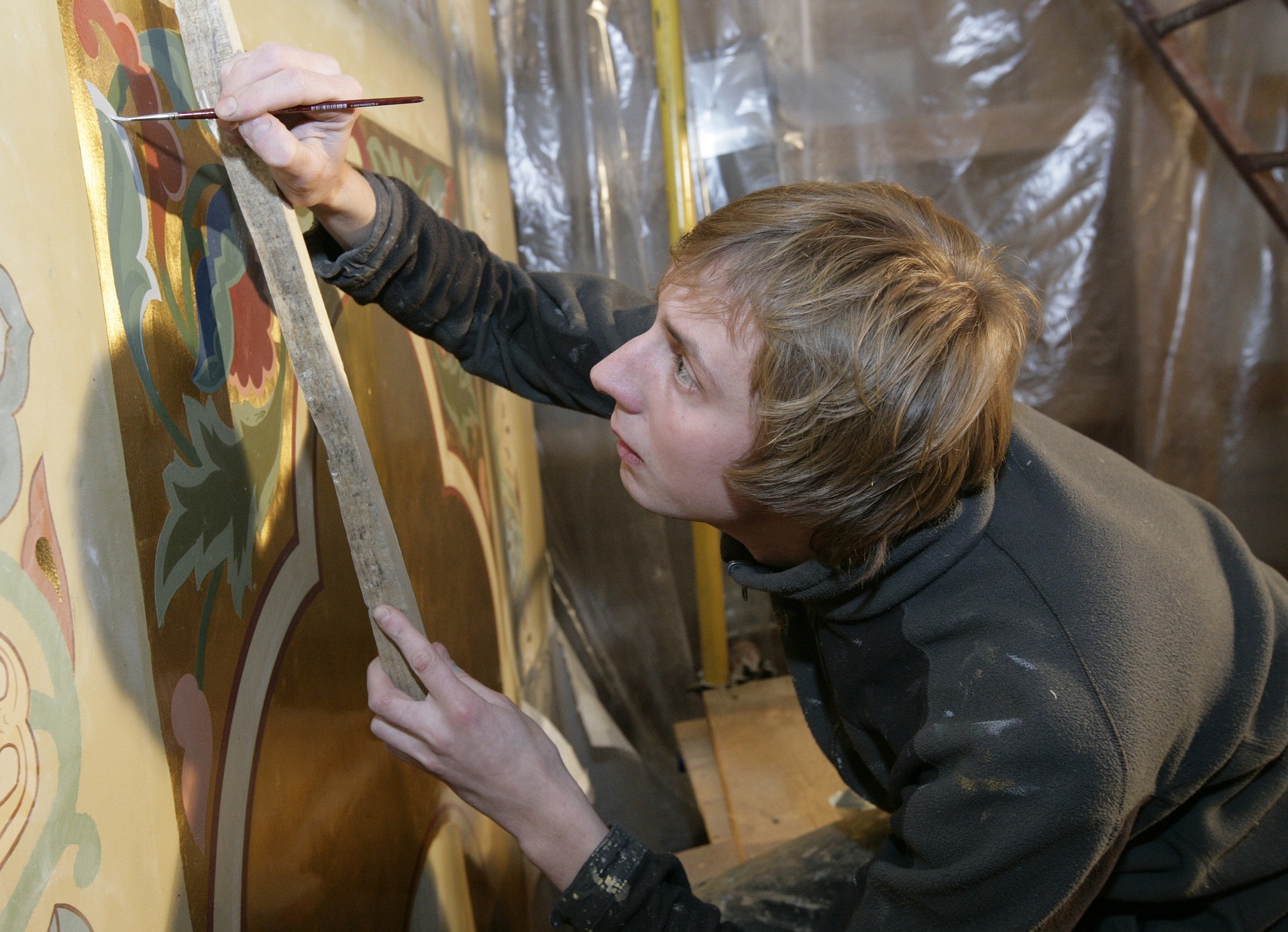A new study confirms that including arts in the curriculum has measurable benefits that provide compassion, lower discipline rates, and better grades on writing tests.
Photo: Bigstock
New research done by the Rice University Kinder Institute for Urban Research on the benefit of including art classes in K-12 education, conducted a randomized controlled trial with 10,548 students from 42 elementary and secondary schools in Houston, Texas. Most have low-income students.
The study found that exposure to artistic activities such as theater, dance, music, and visual arts, have significant benefits for students. According to the results, disciplinary infractions were reduced by 3.6 %, in addition to improvements in their writing exercises, school commitment and university aspirations of participating students.
Between 1999 and 2012, the number of first-grade students who dedicated instructional time to classes such as music, art, dance, and theater decreased, especially in dance (12 %) and theater (16 %).
Nearly a third of the schools that participated in the Houston Arts Access Initiative did not have a full-time art teacher, so the research had to be limited to schools with community art partnerships.
The research shows that, since the law “No Child Left Behind” was implemented, most schools focused on the subjects that appear on the standardized tests, which explains the budget cuts for art education and their respective teachers.
However, the benefits of including art education in the curriculum are significant. Tiffany Thompson, a first-grade teacher at Codwell Elementary, a school that participated in the study, said that this type of exposure makes a difference for students with difficulties. “Some students who do not excel academically, are more committed because it gives them a different way of learning,” said the teacher.
According to the conclusions of the research, including arts in education, taking students to the theater or even making presentations with puppets, positively affects social and emotional learning as well as promotes the development of skills such as creativity and comprehension, which are vital for personal and professional growth.
This article from Observatory of the Institute for the Future of Education may be shared under the terms of the license CC BY-NC-SA 4.0 
)
)









)
Rubí Román
Rubí Román
Rubí Román